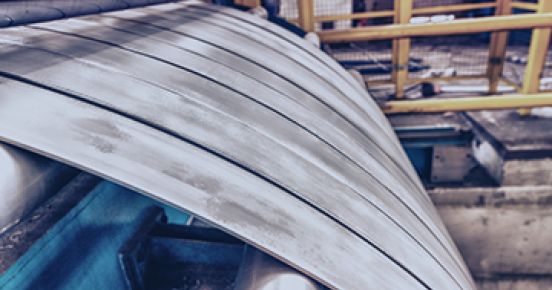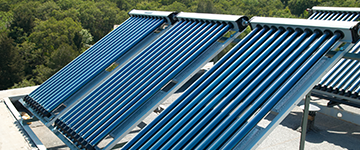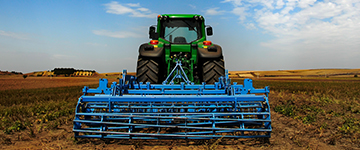Building A Strong India: India’s Steel Industry Paving the Path for Sustainable Growth
At the turn of the new century and especially the new decade, Indian economy looks poised to grow by leaps and bounds. However, alarming levels of climate change, global warming, depleting natural resources and increasing pollution have necessitated an urgent shift towards cleaner and greener resources in prime economic activities. The construction sector, for instance, which is a vital activity in a fast-growing economy, is responsible for around 4% of particulate emissions and thousands of noise complaints every year.
In construction

Steel is strong yet lightweight, allowing engineers and architects to design for safety without causing undue pressure on the foundation, not to forget the environmental impact of the build. Use of light, prefabricated steel for construction means they are easier to move around, reducing transportation, fuel use, and the timeline for project completion.
For occupants, a well-insulated steel building is energy efficient, consuming almost half the electricity required for heating and cooling, compared to buildings constructed with conventional materials like bricks, concrete, etc.
A major benefit of steel is its ability to withstand natural disasters and harsh weather conditions. In case of an earthquake, the structure may bend, but it won’t crack or collapse, thus giving more time to occupants to evacuate. Also, in earthquake prone areas, falling debris is a major safety hazard. A steel frame building can protect its occupants from being buried under debris.
In energy

As the world is developing at an exponential rate, so is its demand for more energy. But depleting natural resources means that this ever-growing need for energy has to be met in sustainable ways. Renewable energy from wind, water and the sun offers solution but it requires a great deal of innovation in the way they can be tapped by industries across the spectrum.
In this regard, steel is a critical material for securing the supply of renewable energy. Whatever the source is, be it wind, solar, geothermal or based on nuclear technology, steel has a crucial role in the production and distribution of energy to different industries. In thermo-solar energy plants, stainless steel is used for both the inner and outer shells of water tanks, pumps, cushion absorbers, frames and fasteners. To provide maintenance-free and long-lasting solutions, stainless steel is widely used in production of hydroelectricity as it protects the system from corrosion, abrasion and biofouling.
In transport and mobility

With growing urbanization and population in the cities, there has been an increase in the production of automobile. Steel is one of the most widely used material in the automotive industry today, contributing up to 65% of the total raw material content in the average Indian vehicles. As a material of strength, it gives quality in terms of safety and durability to vehicles at comparatively lower costs as compared to other materials.
Owing to its superior tensile strength alongside flexibility, high durability aspect besides efficiency, steel is used in manufacturing car bodies to ensure comfort and safety of passengers and efficiency longevity of the vehicle.
In agriculture
Growing demand for food means that the agricultural business today is highly unforgiving and cost competitive. As a result, agri-businesses have little time or money to waste on upkeep of equipment. What’s more, there are the pertinent issues of hygiene in the entire process of food manufacturing to be addressed.Galvanised steel offers a number of benefits over the standard steel in various agricultural equipments as it imparts excellent adhesion, besides corrosion and abrasion resistance.

From the hot fields to the cold storage rooms, it provides unmatched protection against the elements, and cuts substantial maintenance time and cost. It translates to huge savings in both the agricultural and its allied food processing industries. Therefore, it is widely accepted as one of the best forms of corrosion protection in the agriculture industry as well.
Evidently then, almost all sectors of the economy stand to benefit from the various advantages of steel. Its combination of strength, durability, precision and malleability allows broader parameters to explore ideas and develop fresh solutions in sustainability. Plus, steel is 100% recyclable with no loss of strength. Which means, all the steel scrap and waste are returned for recycling during production, construction and demolition. In view of all this, steel is crucial to India's shift to sustainability. It won’t be wrong to say that India’s path to future growth and sustainable growth is paved in steel.
Information sources: World Steel Association, Volta Green



